Councillors call for break up of Highland Council
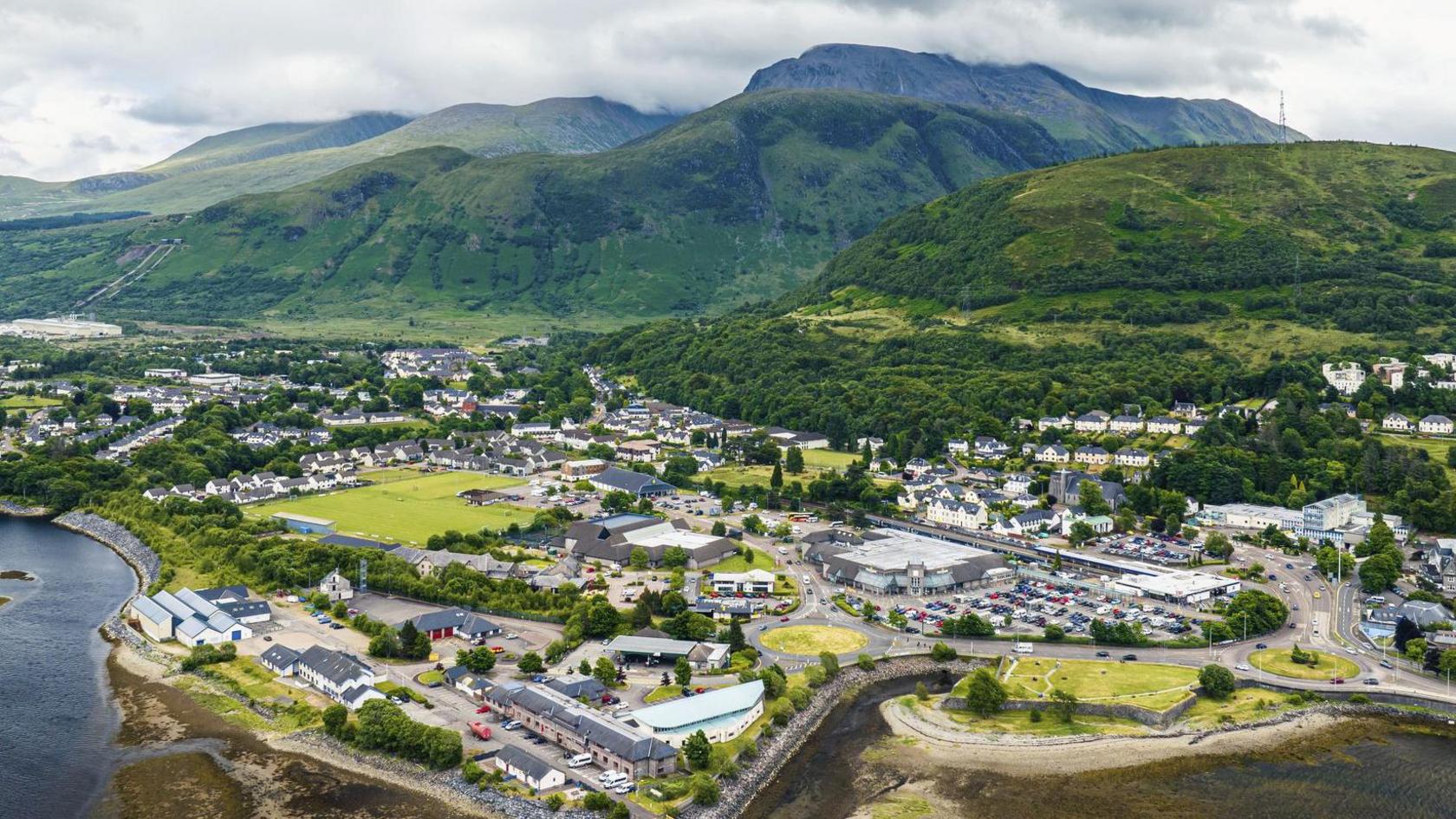
Highland Council serves a huge geographical area
- Published
A group of councillors have suggested breaking up Highland Council - Scotland's largest local authority by area.
They have called for a review to look into how it could be better served by a smaller number of new authorities.
Highland Council serves a third of Scotland's land area and was created under local government reform 30 years ago.
The group, whose idea is due to be discussed later, say the area is too big for the council to provide an adequate level of services to all its communities.
Highland is one of Scotland's most rural council areas and about half of its population live outside settlements of 3,000 people or more, according to previous studies, external.
While Inverness and the surrounding area have grown, there have been concerns about depopulation in Caithness, Sutherland and Lochaber.
Nine councillors have signed a motion, proposed by Andrew Jarvie, asking Highland Council to write to the Scottish government about holding a review.
One of the nine, Fort William and Ardnamurchan councillor Andrew Baxter, wants to see powers, including around planning applications, devolved to as local level as possible.
He said: "I think we have a form of local government that is particularly detached from our local communities.
"Bigger is definitely not better and that's been proven over the last 30 years since we've had this system of mega unitary authorities.
"A smaller form of local councils would deliver better results for local residents."
He added: "It's a nonsense that someone living in Culloden is able to decide on a planning application in Kilchoan.
"Aberdeen is closer to Culloden than Culloden is to Kilchoan, and no one would ever suggest that someone in Aberdeen should decide our planning policy."

Matthew Reiss, a councillor for Thurso and north west Caithness, also supports breaking up the authority.
He said people in his ward were fed up with what they saw as a lack of action on increasing challenges to life in the north Highlands.
Mr Reiss said these included the poor state of the roads network and concerns over health services, particularly those used by women.
He said: "Caithness and Sutherland has about 15% of Highland Council's population, and the perception has been allowed to grow over the years that the remote areas just do not seem to matter."
Thomas Prag, a former Highland councillor of 10 years service and who also held roles chairing council committees, said there were benefits to keeping the status quo.
He said smaller district councils of the past were not as "wonderful" as people might think.
Mr Prag said: "Highland Council like any council has its problems and it's always a slightly glib solution to recreate it in a different form and think that will solve everything.
"I'm not convinced it would."
He added: "Beware what you ask for. If you ask the Scottish government for a review they will have to review all the council areas and we may not come out of that particularly well."
Mr Prag said smaller authorities could end up competing against each other for funding.
The Scottish government said it was committed to building a stronger relationship with local government with "mutual trust and respect" at its core.
It said the commitment was part of its new deal with councils called the Verity House Agreement, external.
A spokesperson added: "Local authorities play a crucial role and the Scottish government wants to devolve power to more local levels.
"That's why we jointly launched the Local Governance Review with the Convention of Scottish Local Authorities (Cosla) to ensure communities have greater control and influence over decisions that affect them most."
Related topics
- Published27 November 2024
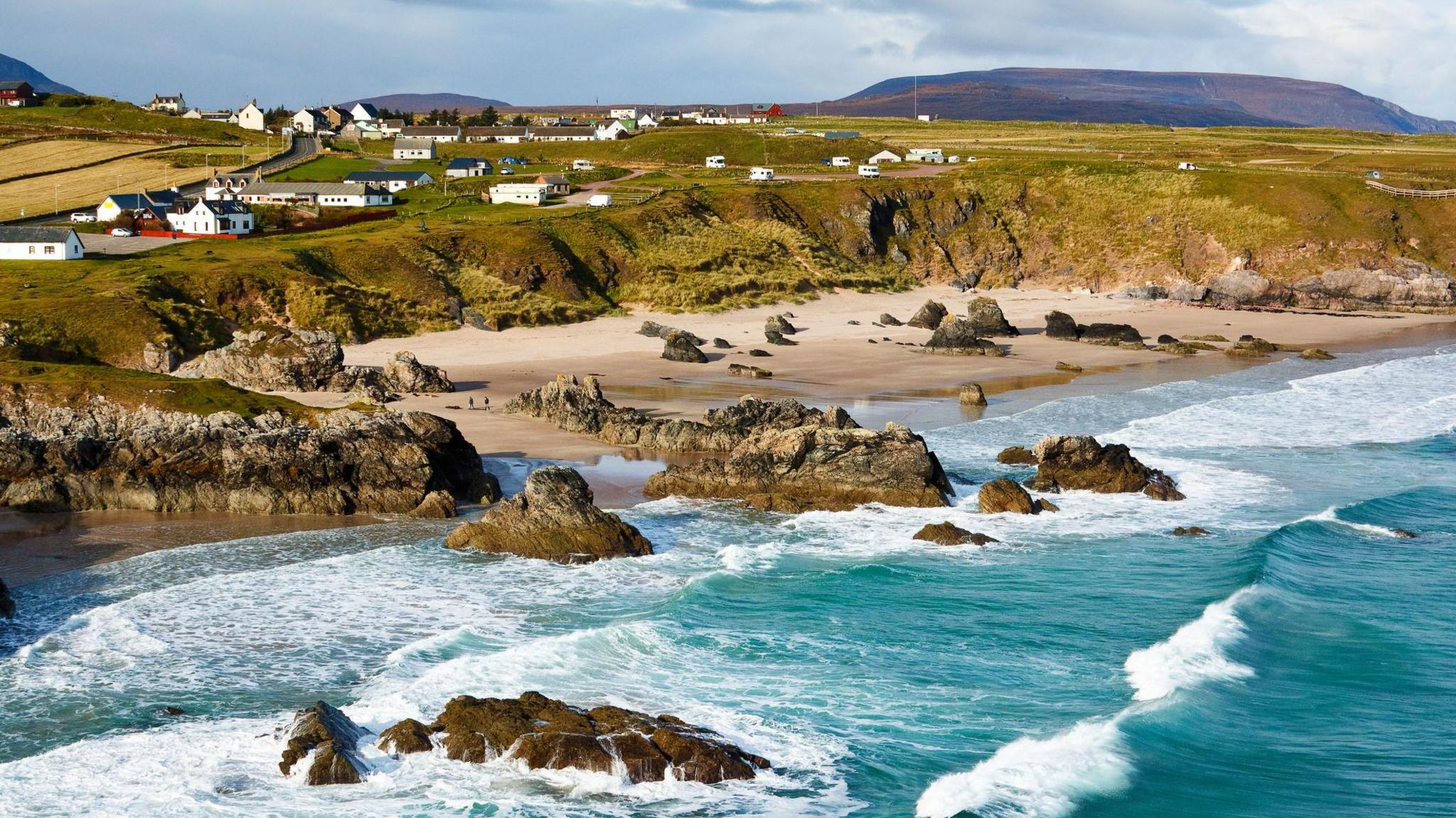
- Published5 June 2024
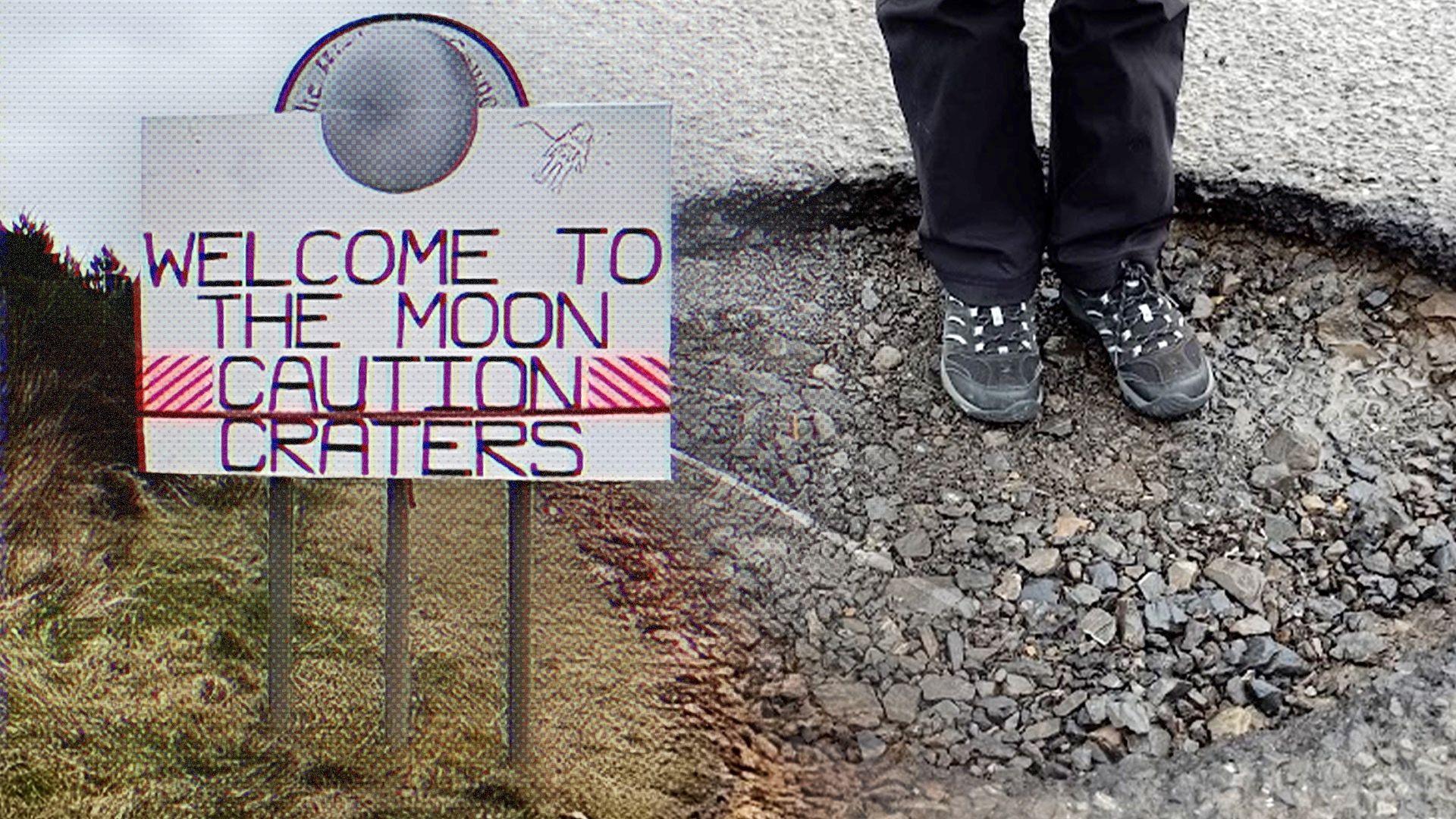
- Published3 March 2024
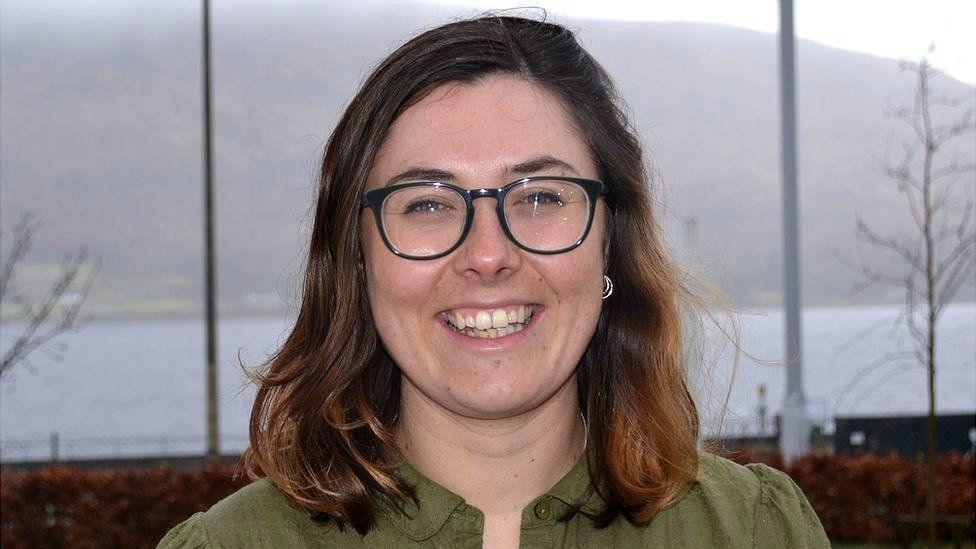
- Published26 January 2024
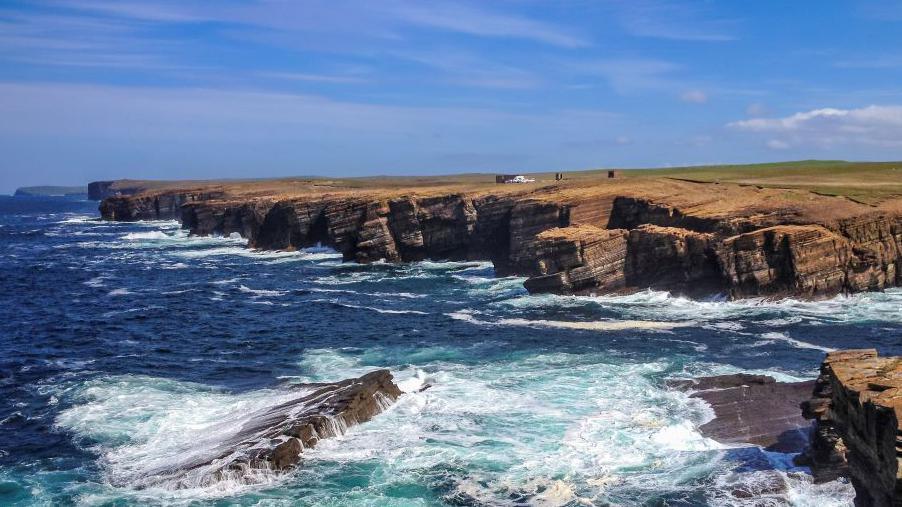
![In numbers:. Highland Council area [ 16,456 sq miles Total land area ],[ 235,710 Population ] [ 244 Miles by road from John O'Groats to Kilchoan, two of the furthest points in the region ],[ £712m Highland Council's net budget ], Source: Source: Highland Council, Image: Inverness riverside at night.](https://ichef.bbci.co.uk/news/920/idt2/idt2/b7b554e8-8044-4187-9e23-185f0ad943c2/image/460)